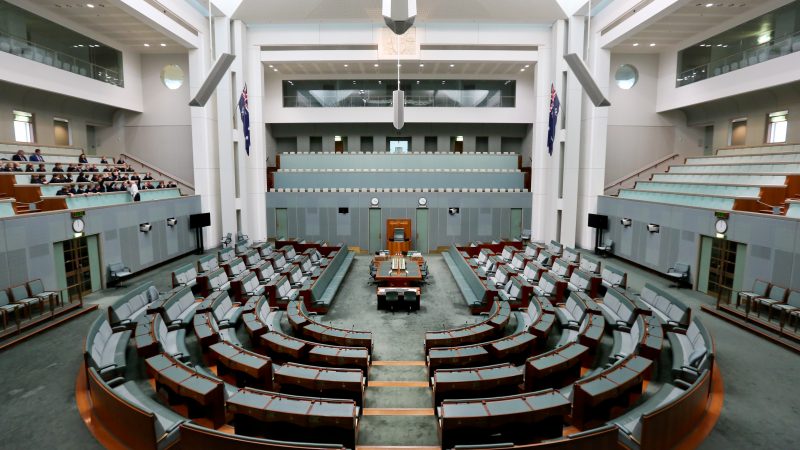
Labour’s sister party in Australia delivered its budget earlier this month, its first since returning to power after an election win in 2022. The measures focused on the cost-of-living crisis and boosting Medicare, but hidden in the text was a policy first championed by Gordon Brown in the UK in 2010. This policy allows the Australian government to re-think how public services are delivered to maximise value for the public purse and empower local communities, taking advantage of more than a decade of experience and learning in the UK and elsewhere. With a general election looming, Labour in the UK also needs to follow that lead.
The UK public funding landscape is under pressure, and should Keir Starmer and Rachel Reeves find themselves moving into Downing Street in 2024, this will be amongst their biggest challenges. The Institute for Government advises that public services will likely be performing worse in 2025 than on the eve of the pandemic – and much worse than in 2010.
Labour has voiced a long-needed desire to reform public services, particularly within health, that will see prevention rather than late diagnosis at the heart of their offering. Labour – the party of the NHS, which transformed the way citizens were treated – is clearly open to new approaches many years later. The party has also remained committed to an insourcing revolution, giving local government the power and encouragement to deliver services through local organisations that are embedded in communities, such as charities and social enterprises.
Australia is following New Labour’s lead with a focus on outcomes
Part of the answer to Labour’s offering lies in outcomes partnerships, which were created under the previous Labour government but which the current government is not making enough use of. These contracts see payment only made once pre-approved, measurable delivery outcomes have been achieved (such as a person with long-term health conditions being helped back into work). They enable local social sector organisations to tackle complex social problems by being given the freedom to innovate and tailor solutions for people who are facing complex needs.
Australian Labor is launching a $100m fund to commission these contracts to “address entrenched community disadvantage”, and Labour must be open to the same to equip those who have a grounding in their local areas and years of expertise to do what they do best – help prevent homelessness, combat health inequalities and support vulnerable children to stay with their families rather than enter into care.
The UK’s existing outcomes partnerships have had a huge impact
Independent analysis of outcomes partnerships in the UK has shown that the 90 projects to date are conservatively estimated to have generated £10.20 of public value for every £1 spent on them, with a saving of £2.85 for every £1 spent for the public sector (and those paying into it).
Notable examples include Thrive.NEL and Ways to Wellness, which have achieved more than 25% reductions in secondary care costs through the provision of community-led health to people with long-term health conditions; Positive Families Partnership, which has helped more than 400 families stay together and prevented children from going into care, saving as much as £200,000 a year per child; and Skill Mill, which provides transformational employment and training support to more than 200 young ex-offenders. The reconviction rate of people they have supported is just 8% compared to a counterfactual of 72% for young offenders, and 75% progress to further employment, education or training.
Nations around the world are taking notice – Labour should too
The performance of schemes like these has seen governments across the world take notice. Australia is just the latest country to have followed the UK’s lead – with the United States, Japan and France among the nations who are also seeing the benefits. The UK, however, is not taking full advantage, despite being the home of this innovative and efficient approach to delivering for people who need it. Hopefully, the success and action by Australian Labor can inspire the same on our shores. Where complex problems persist, tailored solutions are needed, and Labour wouldn’t need to look very far to find them.
Labour has seen itself newly trusted in areas across the UK after the local elections, and research has shown that people overwhelmingly trust organisations within their community to deliver public services compared to larger corporations. Outcomes partnerships meet the demands of the public while empowering front line organisations with roots and specialisms within the area they are commissioned to serve – doing so in a way that creates better impact for local people at better value to government.




More from LabourList
Josh Simons resigns as Cabinet Office minister amid investigation
‘After years of cuts, Labour’s local government settlement begins to put things right’
‘The Sherriff of Wild Westminster: what must change in elections bill’